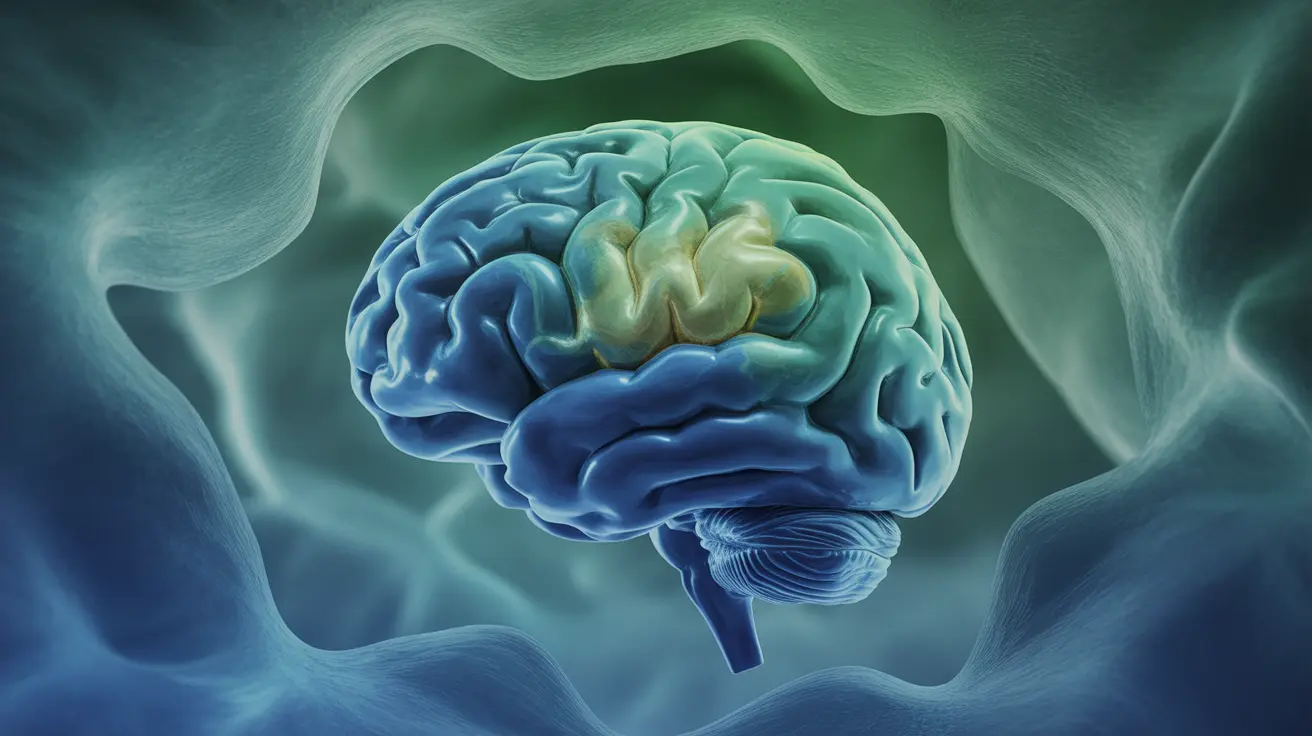Understanding the relationship between sleep and schizophrenia is crucial for developing effective treatment strategies and improving patient outcomes.
Research shows that up to 80% of people with schizophrenia experience some form of sleep disruption, making it a critical aspect of managing the condition. These sleep issues can both influence and be influenced by schizophrenia symptoms, creating a complex cycle that requires careful attention and management.
Understanding Sleep Patterns in Schizophrenia
People with schizophrenia commonly experience various sleep disruptions that can significantly impact their daily functioning. These disturbances often include difficulty falling asleep, frequent nighttime awakenings, and irregular sleep-wake cycles.
Common Sleep Disruptions
The most frequently reported sleep issues in individuals with schizophrenia include:
- Insomnia
- Irregular sleep schedules
- Reduced sleep efficiency
- Decreased total sleep time
- Fragmented sleep patterns
- Excessive daytime sleepiness
Impact of Sleep Disturbances on Schizophrenia
Sleep problems can significantly affect the severity and management of schizophrenia symptoms. Poor sleep quality often leads to increased positive symptoms (such as hallucinations and delusions) and can exacerbate cognitive difficulties.
Physical and Mental Health Effects
The impact of disturbed sleep extends beyond psychiatric symptoms, affecting various aspects of health:
- Decreased cognitive function
- Impaired emotional regulation
- Reduced stress tolerance
- Weakened immune system
- Increased risk of metabolic disorders
- Higher levels of fatigue and irritability
Treatment Approaches for Sleep Issues
Managing sleep problems in schizophrenia often requires a comprehensive approach that combines different treatment strategies. Healthcare providers typically develop personalized plans that address both sleep disturbances and schizophrenia symptoms.
Medication Management
Antipsychotic medications play a crucial role in managing both schizophrenia symptoms and sleep patterns. Some medications may help regulate sleep-wake cycles, while others might need adjustment if they're contributing to sleep problems.
Behavioral Interventions
Several behavioral approaches can help improve sleep quality:
- Cognitive Behavioral Therapy for Insomnia (CBT-I)
- Sleep hygiene education
- Relaxation techniques
- Regular sleep schedule maintenance
- Light therapy when appropriate
Lifestyle Modifications for Better Sleep
Implementing healthy sleep habits can significantly improve sleep quality for individuals with schizophrenia. These modifications include:
- Maintaining a consistent sleep schedule
- Creating a comfortable sleep environment
- Limiting caffeine and alcohol intake
- Regular physical activity (but not too close to bedtime)
- Reducing screen time before bed
- Developing relaxing bedtime routines
Frequently Asked Questions
What are the most common sleep problems experienced by people with schizophrenia? People with schizophrenia commonly experience insomnia, irregular sleep patterns, reduced sleep efficiency, and excessive daytime sleepiness. Many also struggle with maintaining a regular sleep-wake cycle and experience frequent night-time awakenings.
How do sleep disturbances affect schizophrenia symptoms and overall health? Sleep disturbances can worsen schizophrenia symptoms, particularly positive symptoms like hallucinations and delusions. They can also impact cognitive function, emotional regulation, and physical health, including metabolic function and immune system response.
What treatments are available to improve sleep quality for individuals with schizophrenia? Treatment options include medication management, cognitive behavioral therapy for insomnia (CBT-I), sleep hygiene education, and various behavioral interventions. These are often combined in a comprehensive treatment plan tailored to individual needs.
Can lifestyle changes and sleep hygiene help manage sleep issues in schizophrenia? Yes, lifestyle changes and good sleep hygiene can significantly improve sleep quality. This includes maintaining consistent sleep schedules, creating a comfortable sleep environment, managing caffeine intake, and establishing relaxing bedtime routines.
How do antipsychotic medications influence sleep patterns in people with schizophrenia? Antipsychotic medications can have varying effects on sleep patterns. While some may help regulate sleep-wake cycles and improve sleep quality, others might cause drowsiness or insomnia. Medication timing and dosage often need careful adjustment to optimize sleep benefits while managing side effects.




